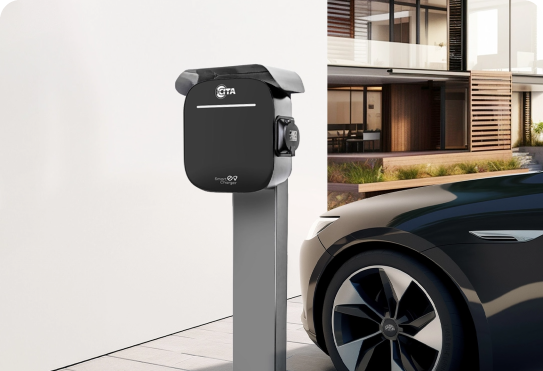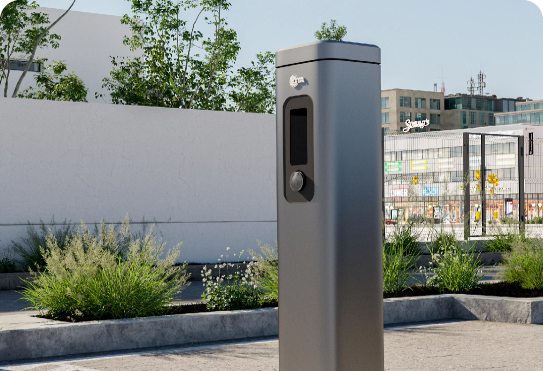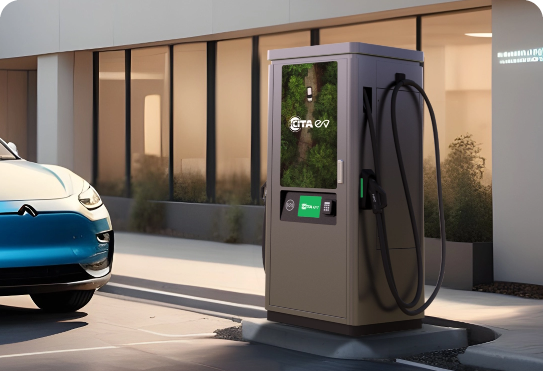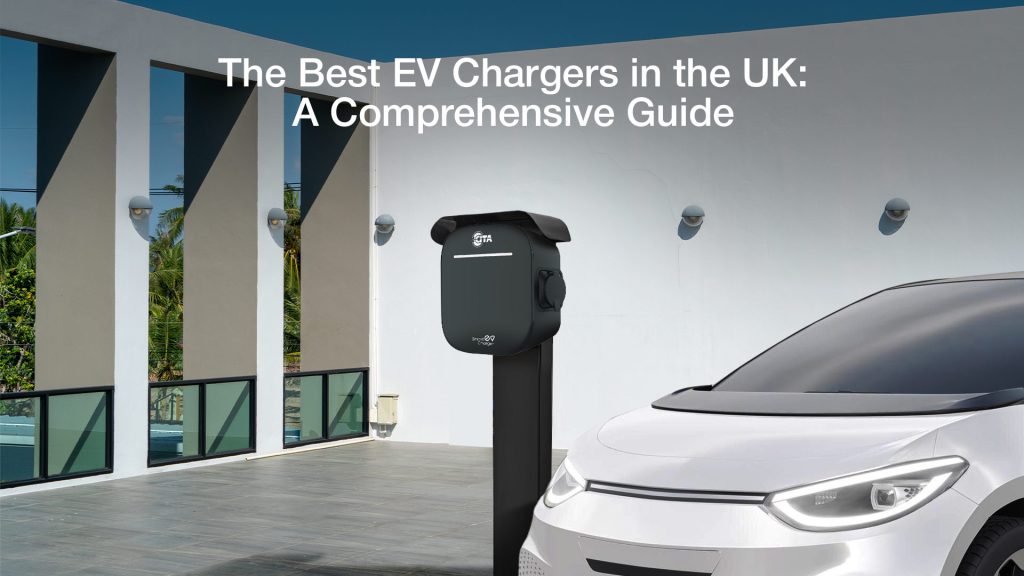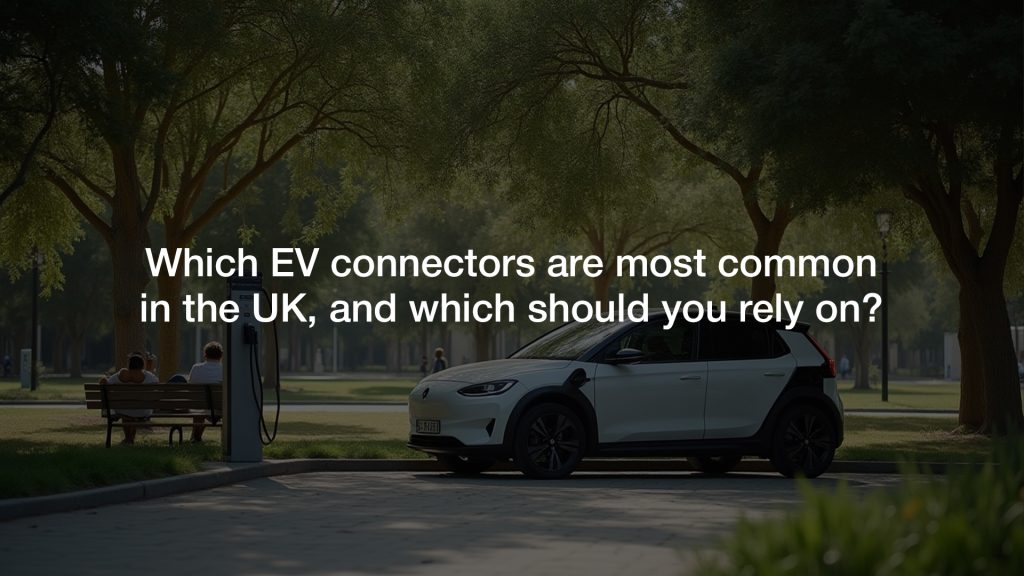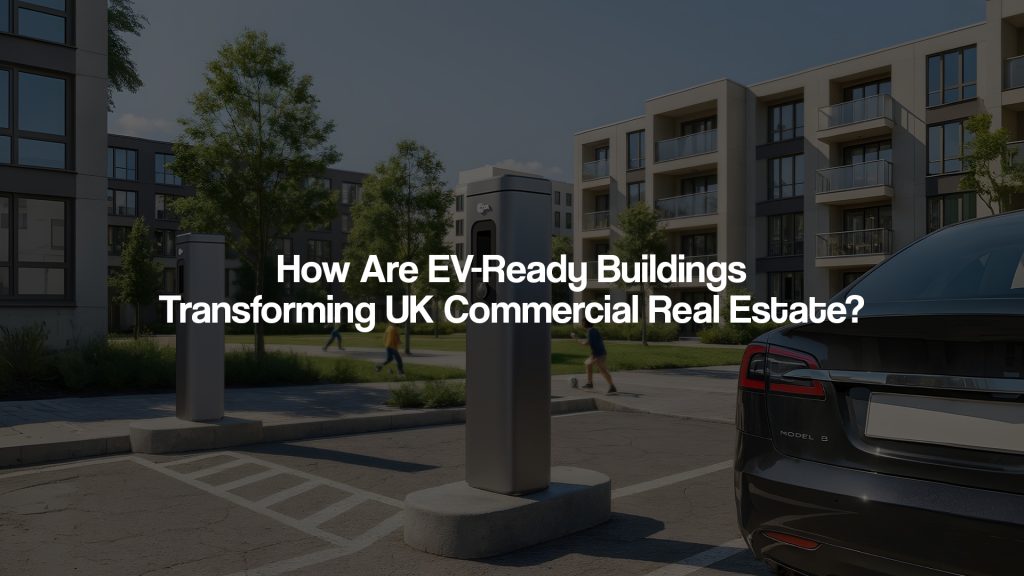As the demand for electric vehicles (EVs) continues to rise, the UK has been proactive in establishing regulations to ensure the smooth integration of EV charging infrastructure. These regulations are aimed at facilitating convenient and safe charging options for EV all owners across the country. In this blog, we will explore some key aspects of the UK EV charging regulations along with how CITA EV electric car chargers for home comply with them.
1. Installation standards
The UK government has set installation standards to ensure the safety and reliability of EV charging points. The regulations dictate that charging infrastructure must comply with the appropriate wiring and electrical safety standards. This ensures that charging stations are installed correctly and are capable of handling the electrical load required for charging EVs. When you buy chargers from CITA EV, you are also assisted with installation through brand approved installers from across the country.
2. Accessible Public Charging
To promote wider adoption of electric vehicles, the UK regulations focus on accessible public charging infrastructure. Charging stations are required to be conveniently located, allowing easy access for all EV owners. Additionally, provisions are made to ensure that charging points are accessible to disabled individuals, making EVs an inclusive option for transportation.
3. Off-peak charging
Off-peak charging refers to the practice of charging EVs during periods of lower electricity demand, typically during nighttime hours. UK regulations encourage off-peak charging as a way to optimise the use of the power grid. By incentivizing EV owners to charge their vehicles during off-peak hours, the regulations aim to avoid excessive strain on the grid during peak demand times while also promoting cost-effective charging for consumers.
4. Smart charging and Interoperability
UK regulations encourage the implementation of smart charging systems. These systems allow for dynamic charging rates and load management, optimising energy usage and minimising strain on the power grid. Interoperability is also a key consideration, ensuring that EV owners can use various charging networks and payment methods seamlessly.
5. Randomised Delays
To prevent the concentration of EV charging at specific times, UK regulations may require the implementation of randomised delays in charging sessions. This approach helps distribute charging demand more evenly throughout the day, reducing the strain on the power grid during peak periods. Randomised delays ensure that EV owners do not experience long wait times for charging, while also encouraging more efficient use of charging infrastructure.
6. Anti-tampering protection
Protecting the integrity of charging infrastructure is a crucial aspect of UK EV charging regulations. Anti-tampering protection measures are implemented to prevent unauthorised access, tampering, or misuse of charging equipment. This includes physical security features, such as locking mechanisms, as well as digital safeguards to detect and deter any attempts at tampering. These regulations ensure the safety and reliability of the charging infrastructure, providing peace of mind for both EV owners and charging network operators.
UK EV charging regulations are designed to create an ecosystem that promotes efficient, safe, and reliable charging for electric vehicle owners. Staying informed about these regulations is essential for EV owners, charging network operators, and other stakeholders in the EV ecosystem. CITA EV’s range of products are equipped with world-class design that comply with the above-mentioned regulations to make EV charging smooth and sustainable practice for EV owners nationwide.As technology advances and the EV market continues to grow, it is important to adapt and comply with the evolving regulations to foster a sustainable and efficient charging infrastructure across the UK. By embracing these regulations, we can collectively contribute to the widespread adoption of electric vehicles and create a greener future for transportation.




